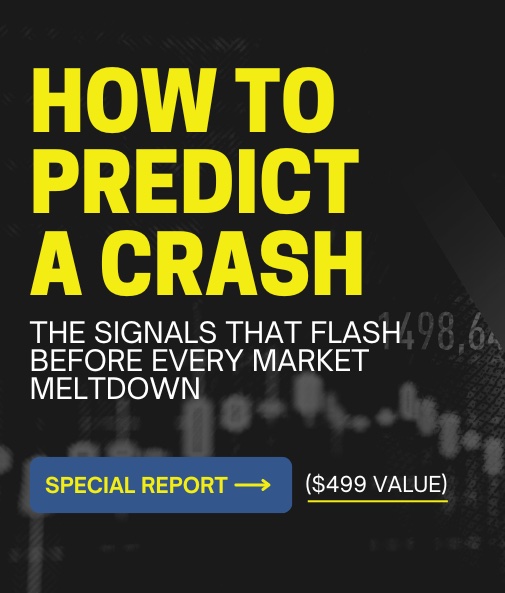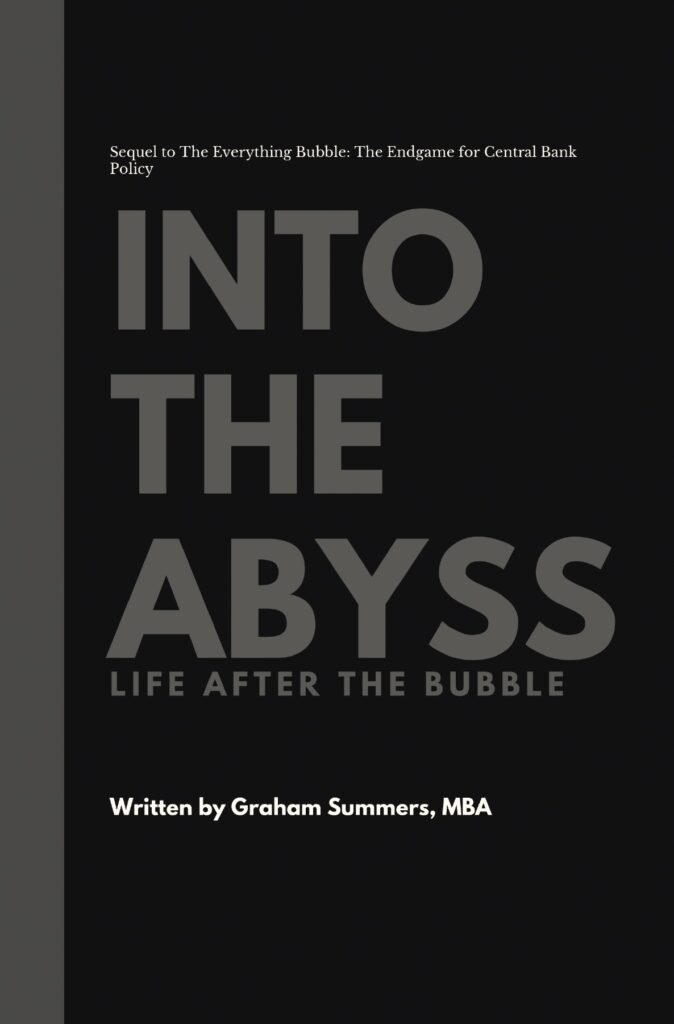Well the Fed disappointed as I stated it would. How anyone could be surprised by this is beyond me. The Fed was admitting that the consequences of QE rendered it less “attractive” as an option as far back as May 2011.
Moreover, the last six months have shown the Fed to be relying heavily on verbal intervention rather than direct monetary intervention. Every FOMC meeting (and any time the market takes a dive) some Fed official steps forward and promises that the Fed stands ready to help if needed.
The reasons for this are three fold:
1) Why bother with monetary intervention when you can get the same effect from verbal intervention?
2) The Fed is too politically toxic now to simply unveil a massive new monetary scheme without a Crisis hitting first.
3) The Fed is well aware of the consequences of QE (higher food and gas prices) and while it focuses on CPI as the measure of inflation, the political pressure engendered by higher costs of living are certainly on the Fed’s radar.
In plain terms, the bar for more QE is set much, much higher than the vast majority of analysts realize. The reason is that the Fed can no longer simply prime up the printing presses if the economy takes a dip.
We’ve seen this clearly in the last two Fed FOMC statements, in which the Fed downgraded its view of the US economy to posting “modest growth” (Fed speak for next to none) and then offered a “highly accommodative stance,” (Fed speak for “we’re out of ideas but can always hit the ‘print’ button”) as way of dealing with this.
Let’s cut the BS here. The Fed has maintained a more than highly accommodative stance for three years now and U-16 unemployment, food stamp usage, home prices, and virtually every other economic metric indicate that they’ve done little to boost the US economy in any meaningful way. QE has and always will be about boosting asset prices in the hope that the Fed can stimulate a recovery by getting the S&P 500 to some level.
The only problem with this is that people don’t engage in financial speculation to pay their bills. Incomes have and always will be the single most important metric for gauging consumer strength. And as the below chart from Morgan Stanley shows, the Fed’s policies of the last few years have done nothing to boost incomes (unless you work on Wall Street).
This chart goes a long way towards explaining the current political environment in which the Fed is about as popular as the bubonic plague. If you read headlines stating “Fed Gave Trillions to Banks” and you’ve been laid off and are living off food stamps, your blood pressure might tend to rise.
And you might tend to vote based on that.
Folks, the reality is that the Fed’s hands are tied. That’s why they keep issuing these innocuous policies (keeping interest rates low until 5056 or some insane future date) without actually doing anything. They know that additional easing means inflation soaring, which makes the Fed that much more a target of popular outrage.
So if you’re counting on the Fed propping the market up throughout 2012 as it did in 2011, you may be in for a rude awakening in the coming months. Every day that we get closer to the 2012 Presidential election, the bar for more QE goes higher and higher. Truly unless we get some kind of major Crisis, the Fed won’t be doing much of anything.
So let the traders run their “end of the month” games this week. But don’t be surprised if stocks start to take a dive in early February.
If you’re looking for actionable advice on how to play the markets I suggest checking out my Private Wealth Advisory newsletter.
Private Wealth Advisory is my bi-weekly investment advisory published to my private clients. In it I outline what’s going on “behind the scenes” in the markets as well as which investments are aimed to perform best in the future.
My research has been featured inRollingStone, The New York Post, CNN Money, the Glenn Beck Show, and more. And my clients include analysts and strategists at many of the largest financial firms in the world.
To learn more about Private Wealth Advisory and how it can help you navigate the markets successfully…
Graham Summers
Chief Market Strategist
Phoenix Capital Research




